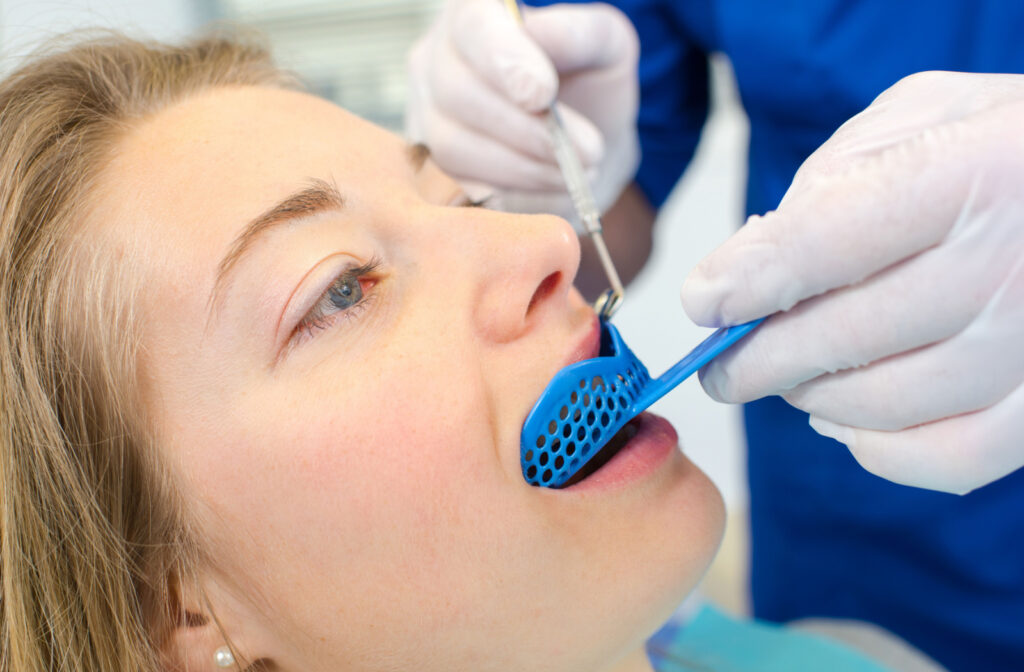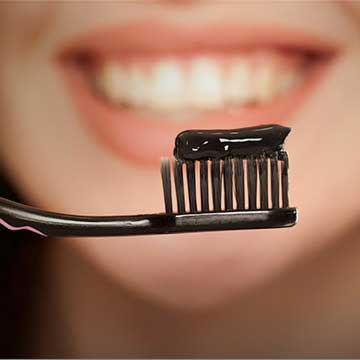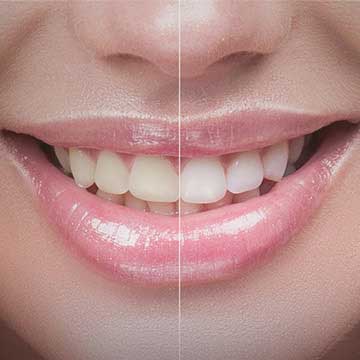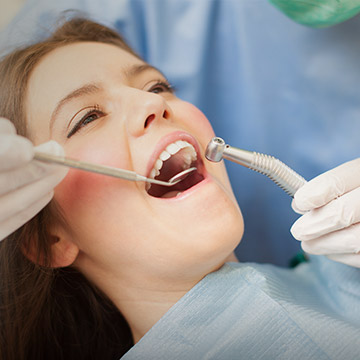No one enjoys aches and pains, but sometimes, these can feel much worse when our head and neck are involved. And unfortunately, TMJ is one of those things that can potentially cause tooth, neck, and ear pain. TMJ may not cause all 3 symptoms because each person’s experience can vary. The causes of TMJ can also vary, so there is not a one-size-fits-all answer.
However, there is help if you are experiencing the uncomfortable symptoms of TMJ, with several treatment and management options available. For example, your dentist may be able to provide dental botox for you. However, the first step is discussing your symptoms with your dentist and having them examine your mouth and jaw.
Understanding TMJ
TMJ stands for temporomandibular joint, but when people say “TMJ,” they often refer to a disorder called temporomandibular disorder (TMD) that affects this critical hinge connecting your jawbone to your skull. This joint is just in front of your ears and allows you to talk, chew, yawn, and express yourself with countless smiles. Like any intricate machinery, the temporomandibular joint functions best when all its parts, including muscles and ligaments, work harmoniously.
TMJ Causes
There isn’t a single cause for TMJ. However, causes may include:
- Injury to the head or neck
- Grinding or clenching your teeth, known as bruxism
- Arthritis in your jaw bone
- Your teeth not fitting together, known as malocclusion
- Unmanaged stress
- Medications that can stimulated bruxism
TMJ Symptoms
Just like the causes, symptoms of TMJ can vary from person to person. They often include jaw pain or tenderness, earaches, or a clicking sound when opening or closing your mouth.
It is not just about discomfort; for some, it becomes a persistent source of pain that infringes on everyday life. It can even become difficult to do necessary things like open your mouth to chew or speak.
It’s essential to take these symptoms seriously if you recognize them, as TMJ disorders can impact your overall well-being.
TMJ’s Connection to Teeth, Ears, & Neck
Tooth Pain
When the jaw is misaligned or strained, it can cause a ripple effect, triggering pain in various parts of the oral cavity. Plus, teeth grinding—which can cause TMJ—can wear down the enamel, making your teeth more sensitive over time, leading to a double whammy of pain or discomfort.
Neck Pain
TMJ disorders can lead to tension and spasms in the muscle groups from your temples to your shoulders, leading to that nagging neck pain. TMJ can also result in headaches, but if you’ve ever had a sore neck, you know that can lead to a tension headache. So, there is a lot of interconnectedness here for something that may seem unrelated on the surface.
Ear Pain
Jaw tension can extend inward with TMJ disorder, affecting the delicate ear structures. This tension can mimic earache, sometimes accompanied by ringing in your ear, also known as tinnitus.
Diagnosis & Treatment
Diagnosing TMJ disorder involves a detailed examination by a dental professional. They may observe your jaw’s range of motion, press on areas around the jaw to identify discomfort, or suggest imaging tests.
Treatment options vary as widely as symptoms and are typically tailored to the individual’s needs. These treatments could range from self-managed care, like eating softer foods or applying heat packs, to medical interventions, including medications, physical therapy, or even dental splints and mouthguards.
Many find relief through conservative treatments and subtle lifestyle adjustments, such as incorporating stress reduction techniques or exercises to strengthen the jaw muscles.
Dental Botox
Getting rid of wrinkles and fine lines often comes to mind when considering neuromodulators, but it can be an effective treatment option for some TMJ cases. Botox temporarily relaxes the muscles in the jaw, which causes the uncomfortable symptoms of TMJ, and evidence suggests that neuromodulators can provide long-term relief.

Prevention & Management
There isn’t a one-size-fits-all approach to preventing or managing TMJ. Some things to consider include:
- Wear a mouth guard while sleeping if you clench or grind your teeth at night
- Prevent mouth injuries by wearing a mouth guard during sports
- Maintain good posture while sitting or standing
- Reduce stress in your life by practicing meditation or mindfulness
Next Steps Toward a Comfortable Smile
TMJ disorder can cause significant discomfort, but armed with knowledge and support from your dental care team, it can be managed effectively.
If you suspect you’re dealing with TMJ disorder or if any symptoms resonate with you, we encourage you to reach out. Call our team at Otara Dental today to request an appointment, and one of our dentists can review your treatment options with you.









